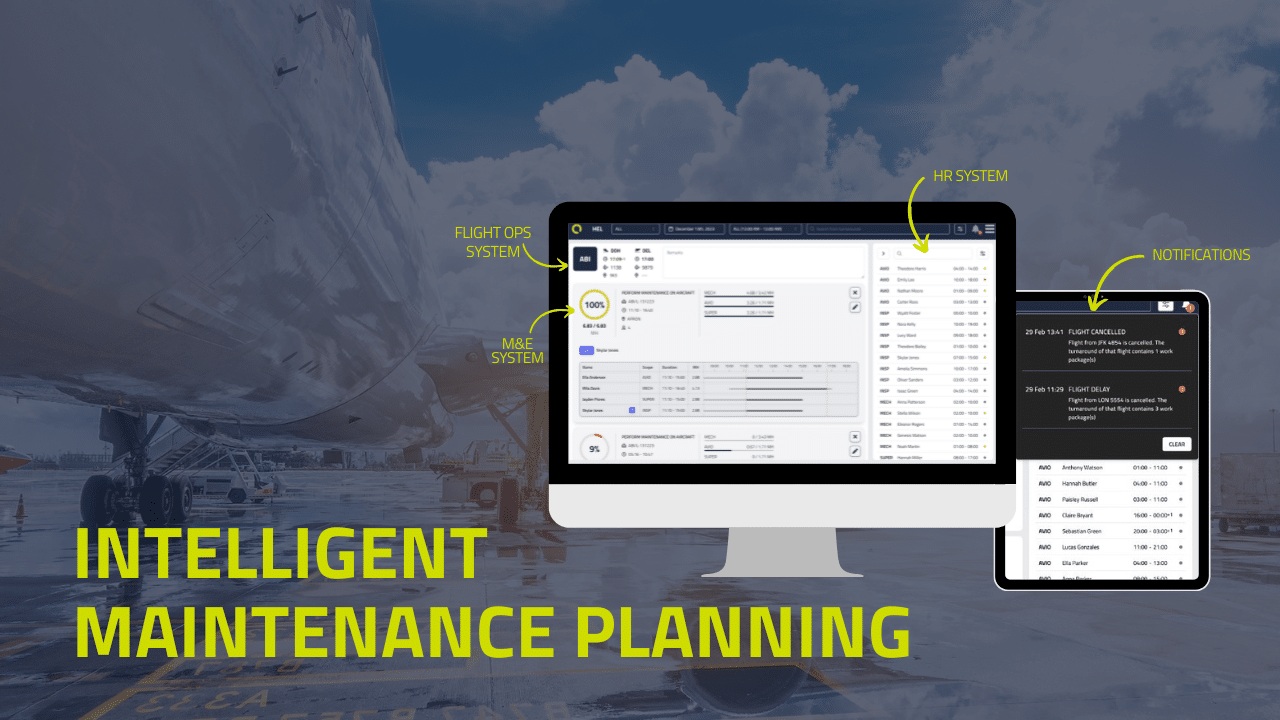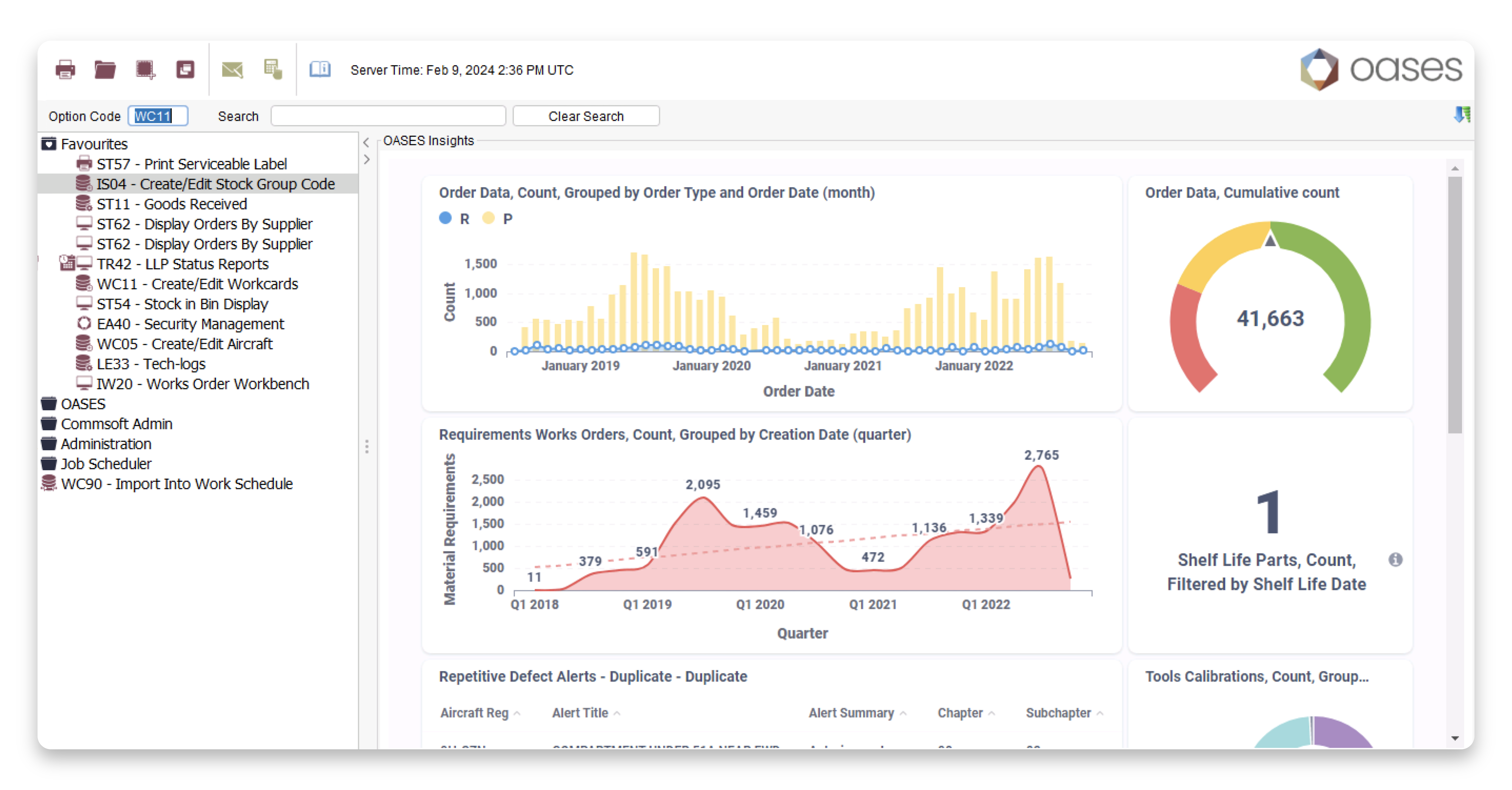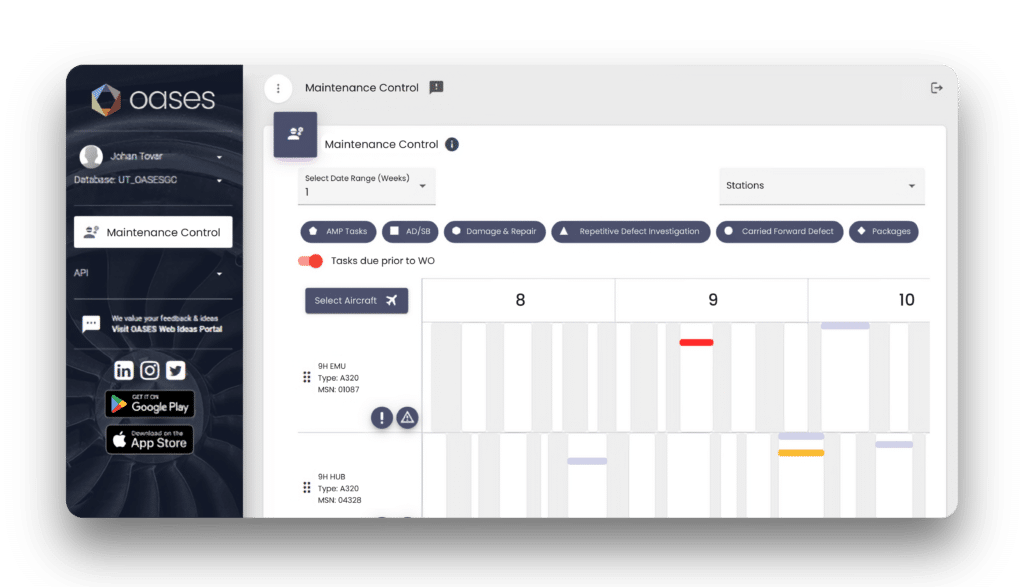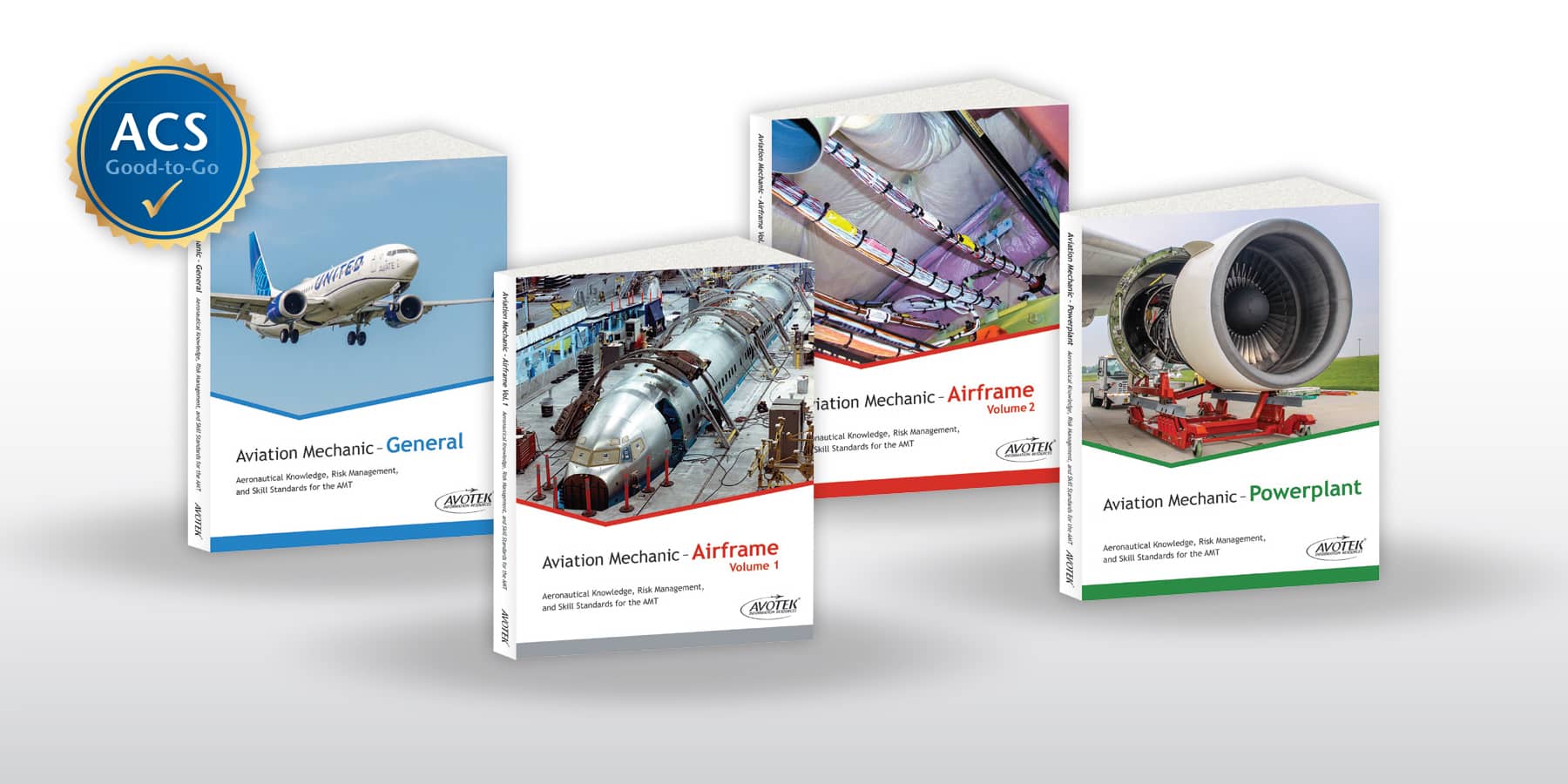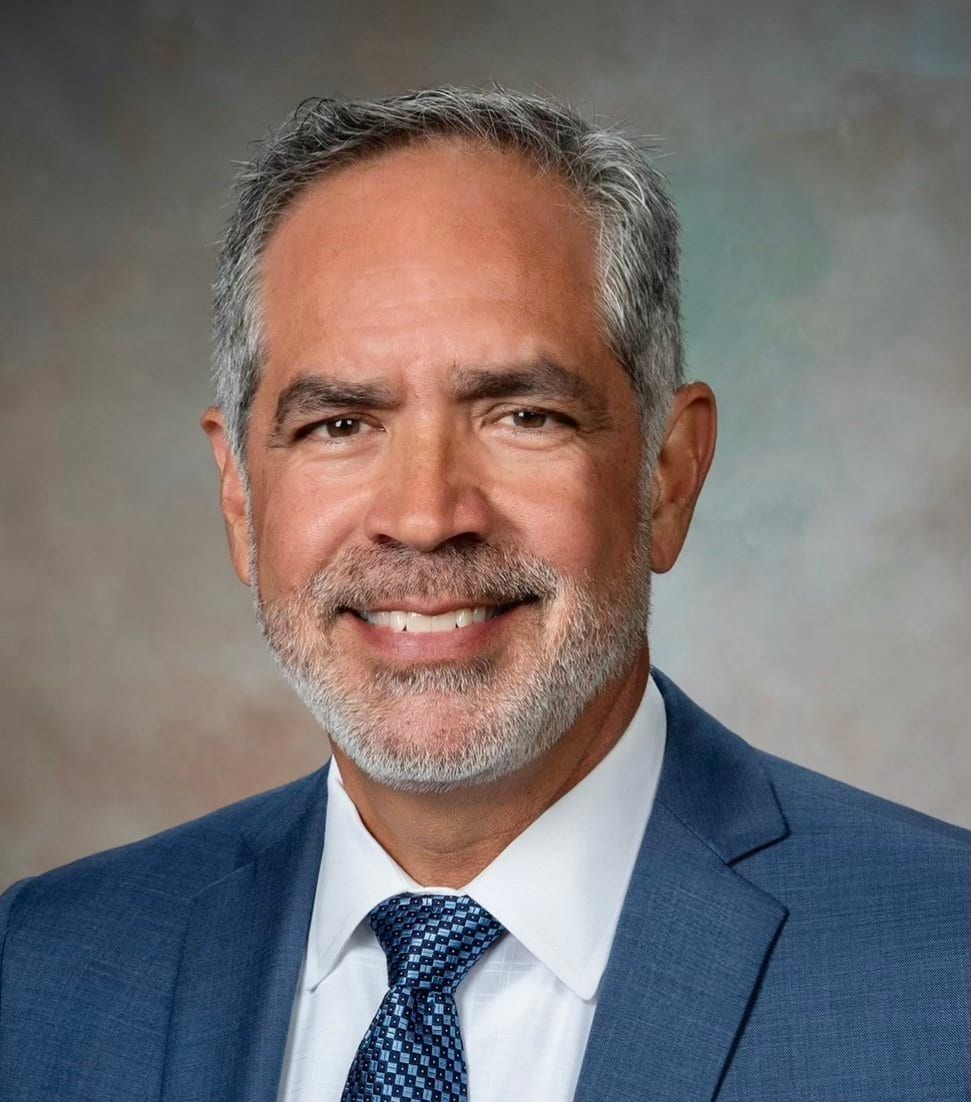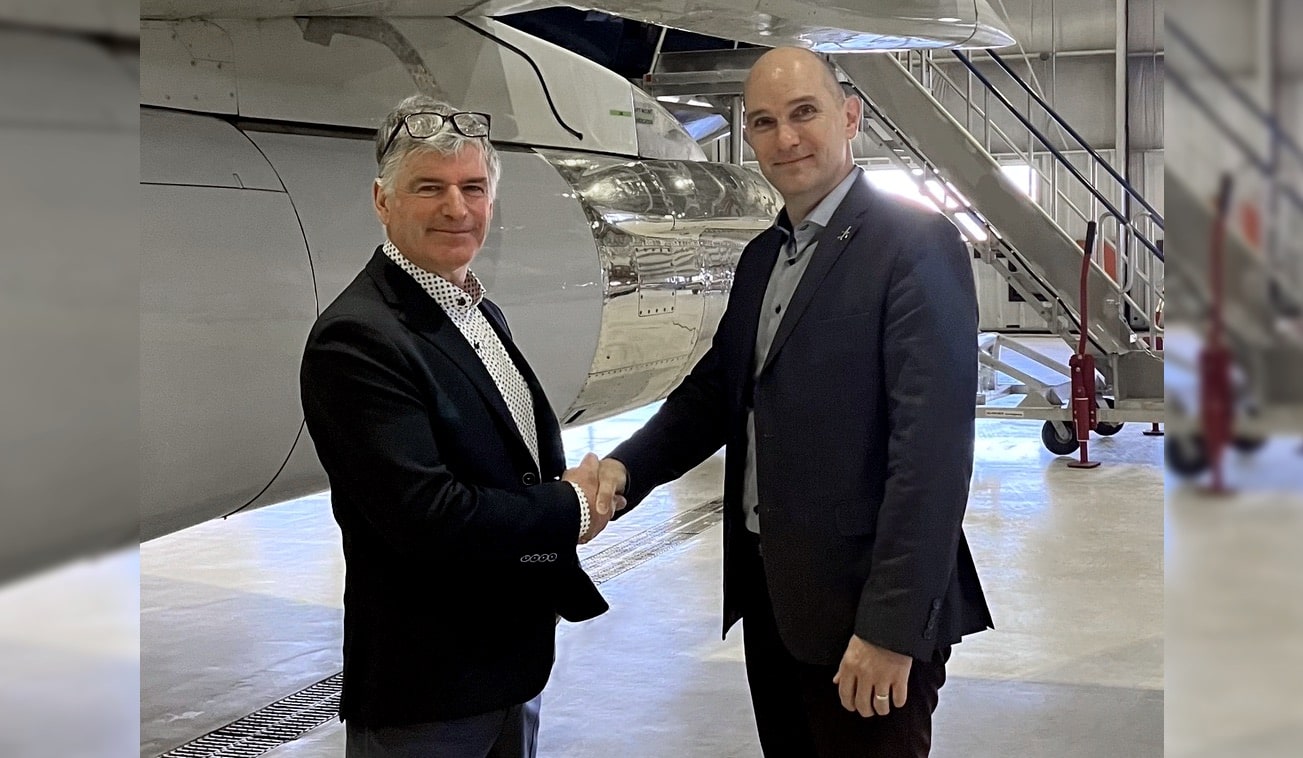StandardAero’s DFW Center of Excellence at Dallas/Fort Worth International Airport, Texas, continues to ramp up its support of the CFM International CFM56-7B turbofan engine, with the first customer engine shop visit performed earlier this spring. The company’s DFW-based CFM56-7B service center, which was opened last year, has now inducted over a dozen engines for various workscopes, and is now working to introduce full maintenance, repair and overhaul (MRO) services for operators from around the globe.
StandardAero’s DFW-based CFM56-7B service center currently offers a range of quick turn shop visit (QTSV) services, such as borescope inspections, boroblend repairs, engine module changes and QEC/LRU removal/installation, along with fan, top case, bottom case, hot section and LPT repairs. The DFW facility also offers full test cell capabilities for the popular CFM56-7B powerplant at its state-of-the-art, six-cell DFW test complex, enabling Boeing 737NG operators and other CFM56-7B asset owners to perform functional and performance engine testing.
“StandardAero is pleased to offer our customers the convenience of DFW-based CFM56-7B service center capabilities, and will be adding additional capabilities over the coming year,” said Adam Gingras, general manager – CFM56, DFW for StandardAero. “In order to support customer demand for our CFM56-7B services, we will be moving to a new 147,000 sq. ft. building located adjacent the DFW test complex this summer, and plan to introduce full performance restoration shop visit (PRSV) capabilities by the end of the year.”
StandardAero holds CFM International General Support License Agreement (GSLA) approval for the CFM56-7B, and the DFW Center facility added the engine to its FAA Part 145 Repair Station operations specifications at the beginning of 2023. StandardAero also provides a full range of MRO capabilities for the CFM56-7B from its CFM- and GE Aerospace-approved facility in Winnipeg, MB, Canada, which first commenced support of the engine as a GE Designated Fulfillment Center (DFC) in 2009.
The company also provides an extensive range of additional services for the CFM56 family, including component repair and overhaul capabilities through StandardAero Component Services (SACS); engine, module and used serviceable material (USM) asset management support through PTS Aviation; and engine health monitoring (EHM) data analysis services.
StandardAero also provides support for the CFM International LEAP-1A and LEAP-1B engines from its 810,000 sq. ft. facility in San Antonio, TX, as a CFM Branded Service Agreement (CBSA) provider. The company last month introduced Continued Time Engine Maintenance (CTEM) workscope service offerings, with engine test and full PRSV capabilities due to follow later this year.



